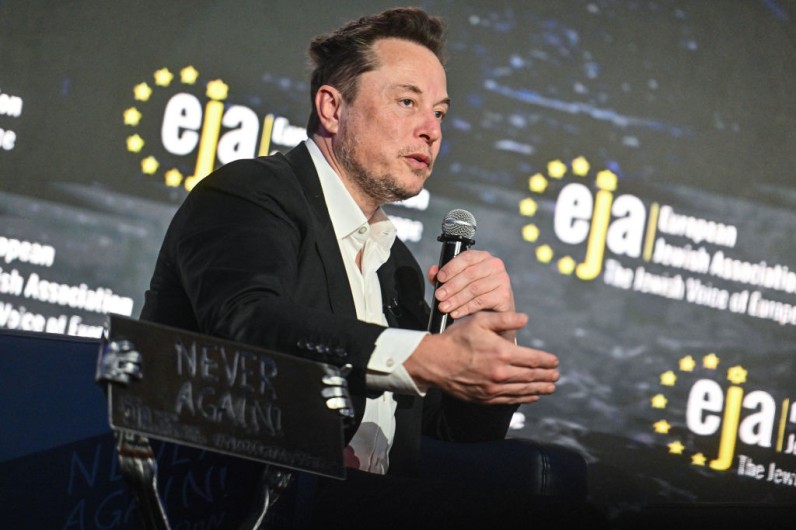Elon Musk's brain implant firm Neuralink was fined for breaking US Department of Transportation (DOT) regulations on transporting hazardous materials.
Citing records from the agency, Reuters reported that during inspections in February 2023 at Neuralink facilities in Texas and California, DOT investigators discovered lapses, including the company's failure to register as a hazardous material transporter.

Elon Musk's Brain Implant Firm Neuralink's Improper Packaging of Hazardous Waste
The investigation found improper packaging of hazardous waste, including the flammable liquid Xylene, which can cause adverse health effects. DOT fined Neuralink $2,480, which was lower than the initial amount assessed due to the company's commitment to address the issues.
A spokesperson with Pipeline and Hazardous Materials Safety Administration, the DOT agency that investigated Neuralink, confirmed the violations and fine to Reuters and said the investigation is now closed.
Reuters reviewed the records from the Physicians Committee of Responsible Medicine (PCRM). PCRM, the advocacy group that opposes the use of animals in medical research, got the documents through an open records request.
However, Reuters reported that the documents did not reveal why Neuralink would have to transport hazardous materials or if any harm resulted from the violations.
FDA Clearance of Elon Musk's Firm Neuralink
Neuralink, which has yet to comment on the matter, received US Food and Drug Administration (FDA) clearance in 2023 for its first human trial, testing the company's implant in humans.
This is a significant milestone for the startup, which was valued at up to $5 billion based on private stock trades. Neuralink aims to create a device that could be implanted in humans to monitor brain activity.
This microchip would be inserted into a patient's skull and placed into the brain. The trial aims to assess the safety of Neuralink's implant for enabling individuals with paralysis to control external devices using their minds.
DOT launched an investigation last year in response to a Reuters report about internal complaints by Neuralink employees on rushed animal experiments that caused needless suffering and deaths.
PCRM has once alleged that Neuralink may have transported in 2019, without proper containment measures, brain implants used in its monkey experiments that are contaminated with antibiotic-resistant staphylococcus and herpes B virus.
However, Reuters reported that DOT found no evidence that Neuralink had shipped something that contained an infectious substance.








Join the Conversation